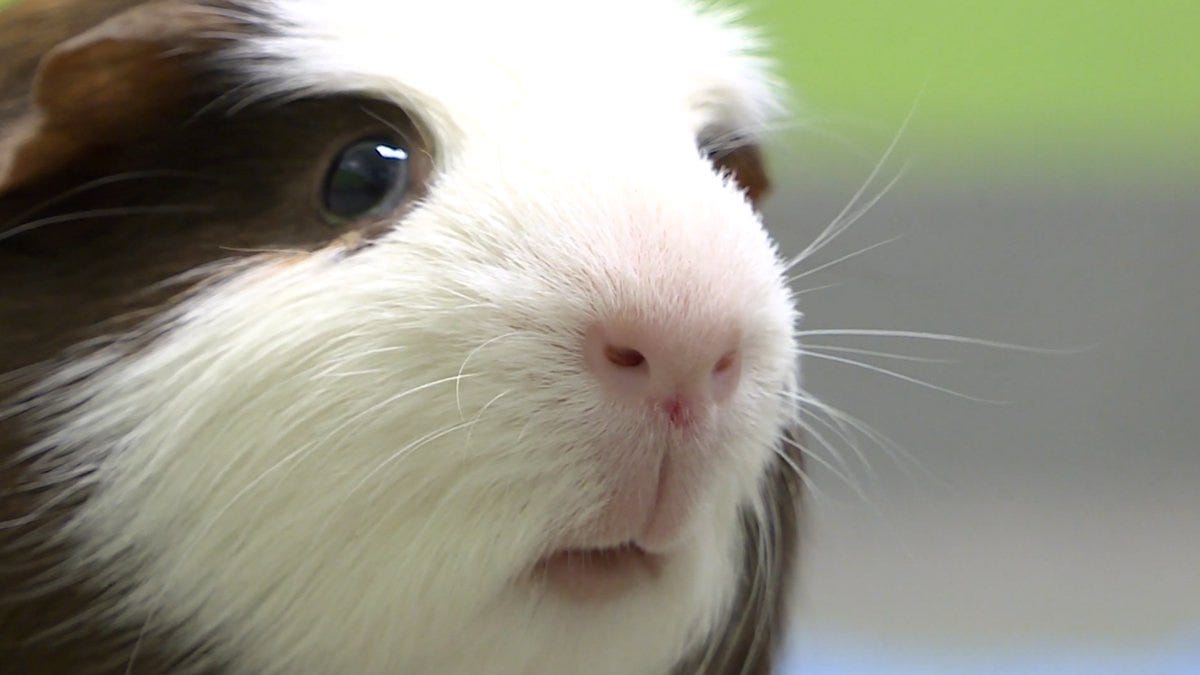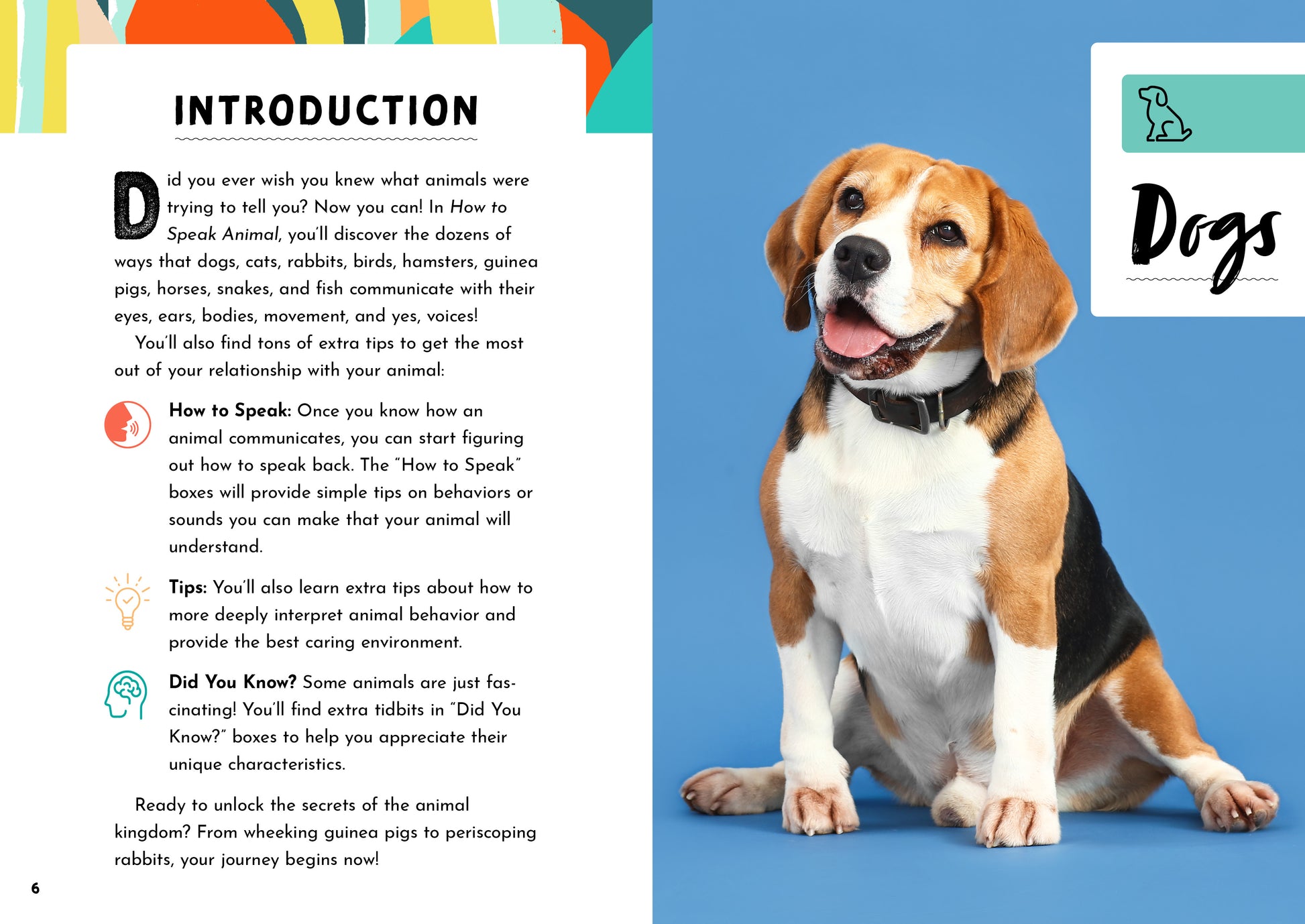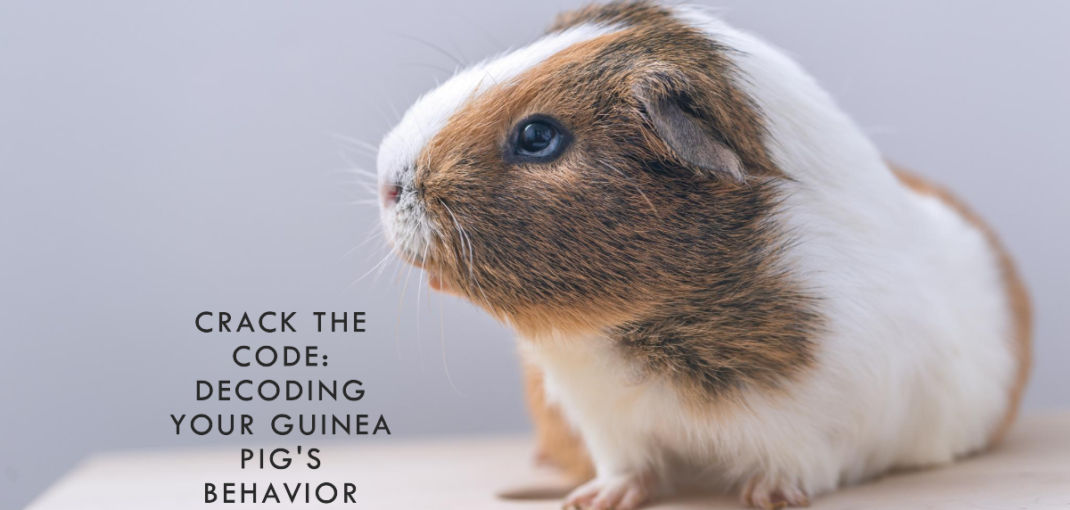Guinea pigs communicate through vocalizations and behaviors, indicating their emotions and needs. Understanding their signals is vital for their care and well-being.
Guinea pigs are social animals known for their various vocalizations and behaviors that convey their emotions and needs. By comprehending their nuanced communication, owners can better cater to their pets’ requirements and ensure their overall welfare. From squeaks and chatters to specific body postures and movements, guinea pig owners can decode these signals to provide adequate care and nurture a healthy bond with their furry companions.
This article will delve into the meanings behind guinea pig vocalizations and behaviors, offering insights into their communication and how owners can respond appropriately to their pets’ needs. Understanding these cues will help improve the relationship between guinea pigs and their owners, ultimately enhancing the well-being of these delightful creatures.

Credit: medium.com
Introduction To Guinea Pigs
Before delving into the intricacies of guinea pig vocalizations and behaviors, it’s essential to gain an understanding of these adorable creatures. Guinea pigs, also known as cavies, are gentle, social, and curious rodents that make wonderful pets. They belong to the rodent family Caviidae and are native to the Andes mountain range in South America. Domesticated guinea pigs come in various breeds and colors, each with its own unique characteristics and traits.
Types Of Guinea Pigs
Guinea pigs are broadly classified into different types, each with distinct physical features and traits. The most common types of guinea pigs include Abyssinian, American, Peruvian, and Teddy. Each type is characterized by its unique fur patterns and coat lengths, which contribute to their individualistic charm.
Common Behaviors Of Guinea Pigs
Guinea pigs exhibit a range of behaviors that reflect their emotions and interactions with their environment. From wheeking to popcorning, these delightful rodents engage in various behaviors to express happiness, curiosity, and even concern. Understanding these behaviors is crucial for guinea pig owners to ensure the well-being and contentment of their beloved pets.

Credit: www.bloomberg.com
The Importance Of Vocalizations
Guinea pig vocalizations are an essential form of communication for these small, sociable animals. Understanding the sounds they make can help you decipher their emotions and needs, leading to a closer bond between you and your furry companions. The importance of vocalizations lies in the fact that they provide valuable insights into your guinea pig’s well-being, allowing you to respond appropriately to their cues and ensure their overall happiness and comfort.
Different Guinea Pig Sounds
Guinea pigs have a wide range of vocalizations, each serving a specific purpose in their interactions. From joyful squeaks to alarmed shrieks, these sounds convey a variety of emotions and states of being, helping you understand what your guinea pig is trying to communicate.
What The Sounds Mean
By learning to interpret your guinea pig’s sounds, you can gain a deeper understanding of their behavior and needs. Squealing may indicate excitement or anticipation, while purring is often a sign of contentment or relaxation. On the other hand, teeth chattering can signal unease or a warning to other guinea pigs, and chirping may express dissatisfaction or discomfort. Being attentive to these vocal cues can enable you to address your guinea pig’s needs more effectively.
Interpreting Behaviors
Understanding guinea pig vocalizations and behaviors is crucial for interpreting their actions. By observing their unique sounds and movements, you can gain insights into their emotions and needs, providing better care and companionship.
Understanding guinea pig behaviors is crucial for their well-being and a harmonious pet-owner relationship. Guinea pigs use a combination of vocalizations and body language to communicate their feelings, needs, and desires. By interpreting their behaviors accurately, you can provide the best care possible for your furry companions.
Body Language Of Guinea Pigs
Guinea pigs have a wide range of body language cues that can convey different messages. By observing their posture, movements, and physical expressions, you can better understand their emotions. Here are some common guinea pig body language signals to look out for:
| Behavior | Meaning |
|---|---|
| Relaxed body | A sign of contentment and comfort. |
| Stiff and upright stance | Indicates alertness or possible aggression. |
| Raised fur | Shows fear or aggressive behavior. |
| Tense body with flattened ears | A sign of anxiety or feeling threatened. |
| Chattering teeth | Suggests annoyance or warning. |
Remember, guinea pig behaviors should be interpreted in combination with other cues to get a holistic understanding of their emotional state.
Signs Of Fear And Anxiety
It’s important to recognize when your guinea pig is feeling scared or anxious so that you can provide them with a safe and calm environment. Here are some signs to watch out for:
- Rapid breathing and heartbeat
- Freezing in place or attempting to hide
- Trembling or shivering
- Running away or attempting to escape
- Excessive teeth chattering or teeth grinding
If your guinea pig is exhibiting any of these behaviors, it’s crucial to identify the triggers and alleviate their fears. Minimizing loud noises, providing hiding spots, and offering gentle reassurance can go a long way in helping your guinea pig feel safe and secure.
By understanding the body language and vocalizations of guinea pigs, you can develop a deeper bond with your furry friends. Remember, observation and patience are key when it comes to interpreting guinea pig behaviors. With time and attention, you’ll become adept at responding to their needs and providing them with the love and care they deserve.
Building A Bond With Your Guinea Pig
Building a strong bond with your guinea pig is crucial to ensuring their happiness and well-being. Like any pet, guinea pigs thrive when they feel loved and secure in their environment. By creating a safe space, building trust, and socializing with your guinea pig, you can cultivate a strong and lasting connection. In this article, we will explore the important steps in building a bond with your adorable furry friend.
Creating A Secure Environment
Creating a secure environment is the first step in building a bond with your guinea pig. Guinea pigs are naturally prey animals, so they require a safe and comfortable space where they can relax and feel protected. Here are some essential tips for creating a secure environment:
- Provide a spacious and clean cage or hutch with plenty of room for your guinea pig to explore and play.
- Line the cage with soft bedding, such as hay or fleece, to provide a cozy and comfortable resting area.
- Ensure that the cage is placed in a quiet area of your home, away from loud noises or sudden disturbances that could frighten your guinea pig.
- Keep the temperature of the room between 65-75°F (18-24°C) to ensure your guinea pig stays comfortable.
- Place hideouts or tunnels in the cage to provide your guinea pig with places to retreat and feel safe.
- Regularly clean the cage to maintain a hygienic environment and prevent any unpleasant odors, which could cause stress to your guinea pig.
Building Trust And Socializing
Building trust is essential in creating a strong bond with your guinea pig. These social animals thrive when they have the opportunity to interact with their owners. Here are some effective ways to build trust and socialize with your guinea pig:
- Spending quality time with your guinea pig each day by sitting near their cage, talking to them, and offering treats can help establish trust and familiarity.
- Try hand-feeding your guinea pig small pieces of fruits or vegetables. This not only helps in building trust but also allows them to associate your presence with positive experiences.
- Avoid sudden movements or loud noises that could startle your guinea pig, as this can hinder their trust-building process.
- Gently stroke your guinea pig’s fur, starting from their head and moving down their back. This helps them become more accustomed to your touch and builds a sense of security.
- Provide opportunities for socialization by allowing supervised floor time for your guinea pig to explore and interact with their surroundings.
- Consider getting a companion for your guinea pig, as they are social animals that thrive in the company of their own kind. However, always remember to introduce them slowly and monitor their interactions.
By creating a secure environment and building trust through socialization, you can develop a strong bond with your guinea pig. Remember, patience and consistency are key when it comes to building trust and creating a lasting connection. With time, love, and care, your guinea pig will become a cherished member of your family.
Common Misconceptions
Understanding Aggression
Guinea pigs are often misunderstood when it comes to their aggression. Despite their small stature and cute appearance, these furry creatures are not always as innocent as they may seem. It’s crucial to separate fact from fiction and understand their aggression in a realistic manner.
Separating Fact from Fiction
Let’s debunk some common misconceptions about guinea pig aggression:
- Guinea pigs do not bite out of malice, but rather as a form of communication or defense. They may nibble to establish dominance or to express discomfort. It’s important not to take their bites personally.
- Not all guinea pigs are aggressive. While some individuals may exhibit aggressive behavior, such as chasing or mounting others, it does not mean that all guinea pigs are inherently aggressive. Each piggy has its own unique personality.
- Neutering or spaying guinea pigs can help reduce aggression. Contrary to popular belief, neutering or spaying can help minimize aggression in guinea pigs. It not only prevents unwanted pregnancies but can also help manage hormonal imbalances that contribute to aggression.
- Aggression can be a result of fear or stress. Sometimes, guinea pigs may display aggression when they are feeling scared or overwhelmed. It’s essential to identify the cause of their stress and provide a safe and calm environment for them.
By understanding these common misconceptions about guinea pig aggression, you can better navigate their behavior and provide them with the care they need.

Credit: bushelandpeckbooks.com
Frequently Asked Questions For Understanding Guinea Pig Vocalizations And Behaviors
How Do You Understand Guinea Pig Noises?
To understand guinea pig noises, listen for squeaks, purrs, and chatters. Each sound indicates different emotions or needs. Pay attention to context and body language to interpret their communication effectively.
What Noise Means A Guinea Pig Is Happy?
A happy guinea pig may make soft squeaks or purring sounds. These noises indicate contentment and happiness.
How Do You Know If A Guinea Pig Likes You?
Guinea pigs show affection by squealing, purring, and licking you. They’ll also become more comfortable around you and seek your attention and interaction.
What Noise Does A Guinea Pig Make When Sad?
A sad guinea pig may make soft, high-pitched squeaks or whining sounds.
Conclusion
Understanding guinea pig vocalizations and behaviors is crucial for pet owners to provide the best care and ensure their furry friends’ well-being. By learning to decipher their different sounds and body language, we can better understand their needs and emotions.
Whether it’s a content “wheek,” a purr of contentment, or teeth chattering indicating fear, paying attention to these cues strengthens the bond between humans and guinea pigs. So take the time to listen and observe, and your guinea pig will appreciate the effort.
Happy guinea pig parenting!

